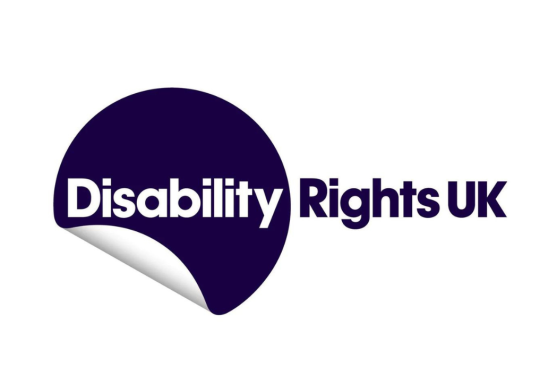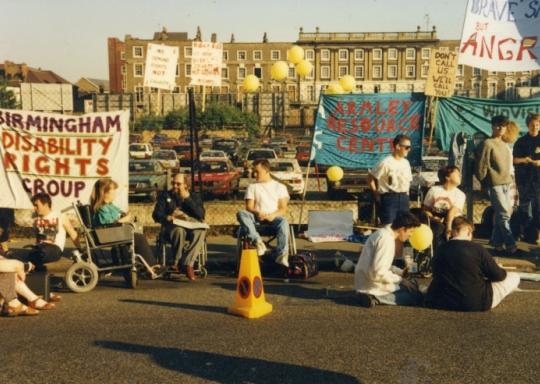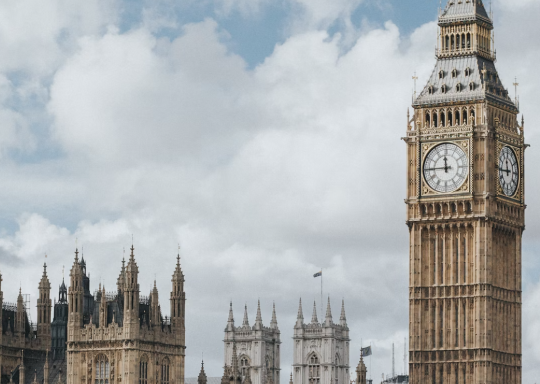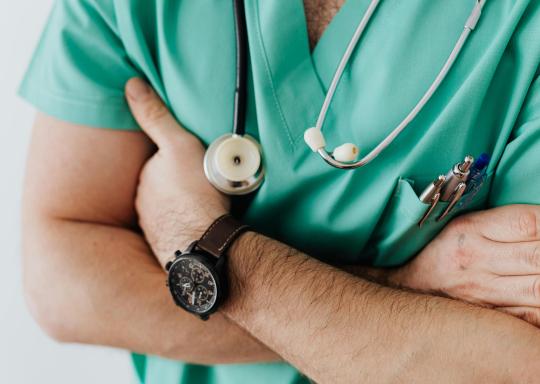Heidi Crowter loses abortion case
Heidi, who has Down’s, said she was "angry that the judges say my feelings do not matter" and vowed to keep fighting.
The Court of Appeal ruled that the Abortion Act did not interfere with the rights of living Disabled people.
In a summary of the decision, judges said: "The court recognises that many people with Down's Syndrome and other disabilities will be upset and offended by the fact that a diagnosis of serious disability during pregnancy is treated by the law as a justification for termination, and that they may regard it as implying that their own lives are of lesser value.
"But it holds that a perception that that is what the law implies is not by itself enough to give rise to an interference with article 8 rights (to private and family life, enshrined in the European Convention on Human Rights)".
The case has been fraught with difficulty, with accusations of the far political right using Ms Crowter to attempt to politicise the case to bring about more control over women’s bodies. The trial has also divided opinion among Disabled people. Disabled Guardian columnist Frances Ryan tweeted: “If you want to talk about the inequality of raising a disabled child, campaign for higher benefits, better childcare, and accessible housing. Forcing a woman to give birth against her will is not any form of disability rights.”
Abortion statistics for England and Wales in 2021 show that 3,370 abortions (1.6%) were performed under the clause in the law Ms Crowter was contesting.




